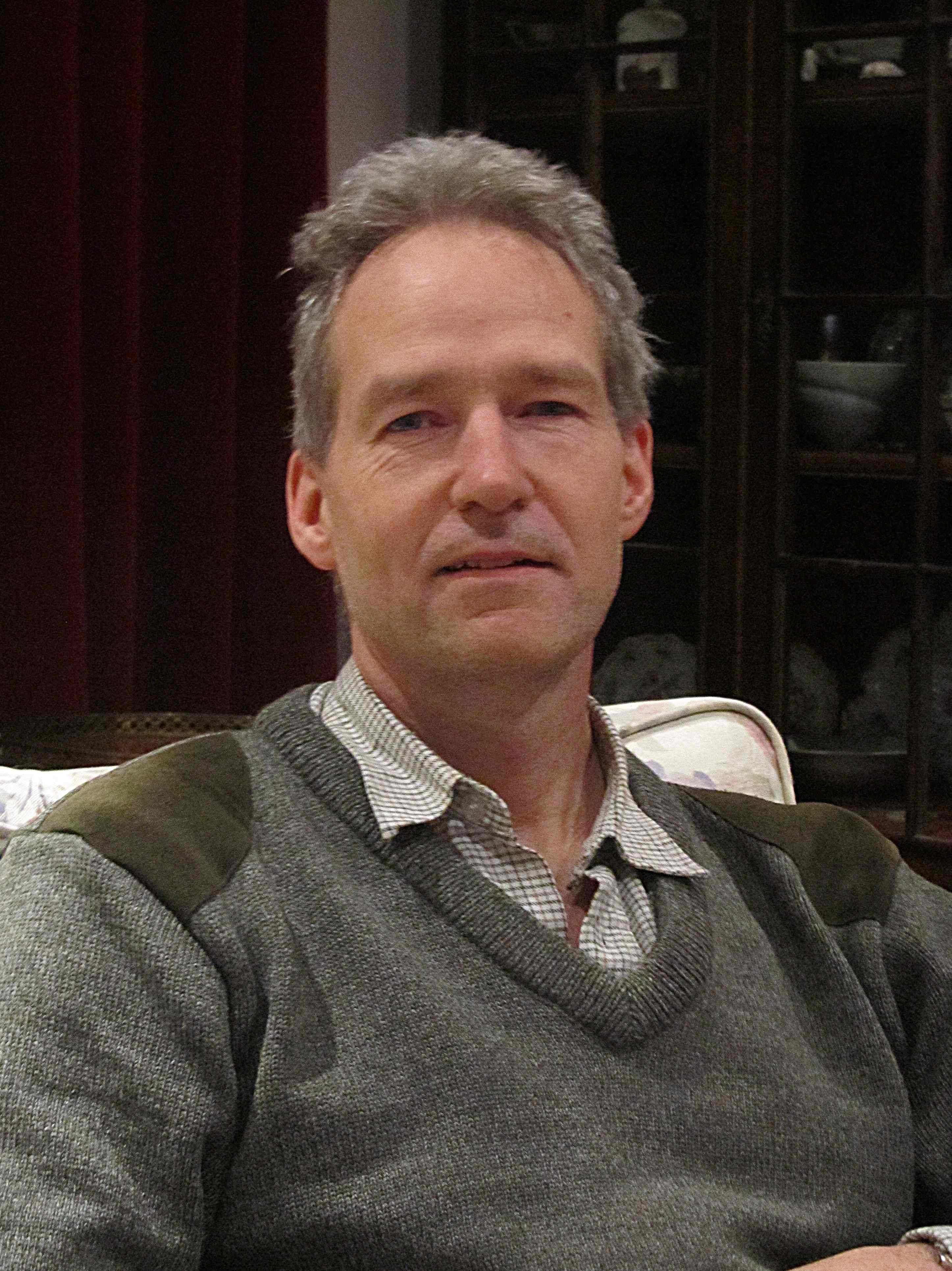
|
|
|
MAPS11 Model-based Inference of Population Structure |
|
IMPORTANT DATES for this Course
|
Instructors:
Mark Beaumont obtained his PhD in population genetics at the University of Nottingham in 1988. His main research focuses on how genetic information can be used to uncover the demographic history of populations, and how to disentangle the effects of demography and selection, often in the context of conservation genetics. Since June 2010 he has held a joint position in Mathematics and Biology at the University of Bristol. Previously he worked at the University of Reading (1999-2010), for the Zoological Society of London (1995-1999), as well as holding a number of earlier postdoctoral positions.
Lounès Chikhi obtained his PhD working in population genetics of fish, from the University Pierre et Marie Curie in Paris, but did most of his work in Montpellier. Since 2002 he is a CNRS researcher based in Toulouse, France and has been working at the IGC since 2006, where he is the PI of the Population and Conservation Genetics group. He held post-doctoral positions at the University of Ferrara, Institute of Zoology in London, at Queen Mary and Westfield College and at the University College London. He is interested in the use of genetic data to improve our understanding of the past demographic history of different species, including our own. His main interests span from conservation genetics of wild and domesticated species to human recent evolutionary history.
Bárbara Parreira graduated in Animal Biology at Faculdade de Ciencias da Universidade de Lisboa (FCUL). She post-graduated in statistics applied to biology and health sciences. Currently she is doing her PhD on the population genetics of structured populations. She works between the Population and Conservation Genetics, and the Evolutionary Biology groups, at the IGC. She is interested in applying population genetics approaches to biological conservation and epidemiology.
| ||
Course descriptionPopulation genetic data are increasingly used in several areas ranging from ecology to anthropology and archaeology. In all these areas, the aim is to infer some aspects of the demographic history of populations based on present-day genetic data. A variety of Monte Carlo techniques have been developed to achieve this. Recent years have seen the development of simulation tools that allow users to simulate genetic data under complex scenarios. At the same time approximate Bayesian computation (ABC) has become a popular approach for inferring population genetic parameters such as migration rates, the size of founding populations, or the time at which populations split from a common ancestor. In this course we will provide an overview of the Monte Carlo techniques that have been used in population genetics. In this 4-day course we will introduce the main concepts that underlie many of the models that are frequently used in population genetics. We will use classical clustering method such as implemented in the STRUCTURE software and will introduce a variety of Monte Carlo techniques that have been used for inference in population genetics including methods of inference based on ABC. We will discuss genealogical (coalescent-based) methods and also those based on forward-in-time simulations. We will discuss some of the tools that are available and discuss issues such as model validation, model choice, and summary statistics. Course Pre-requisitesPopulation Genetics fundamentals (for example, Hardy-Weinberg equilibrium), basic Probability Theory and Statistics (for example, understanding the concept of Conditional Probability). Previous knowledge in these areas might do, with a refresh. Elementary computing skills including the use of the R software. |
|
Detailed Program |
|
Instituto Gulbenkian de Ciência, Apartado 14, 2781-901 Oeiras, Portugal Last updated: February 28th 2011 |